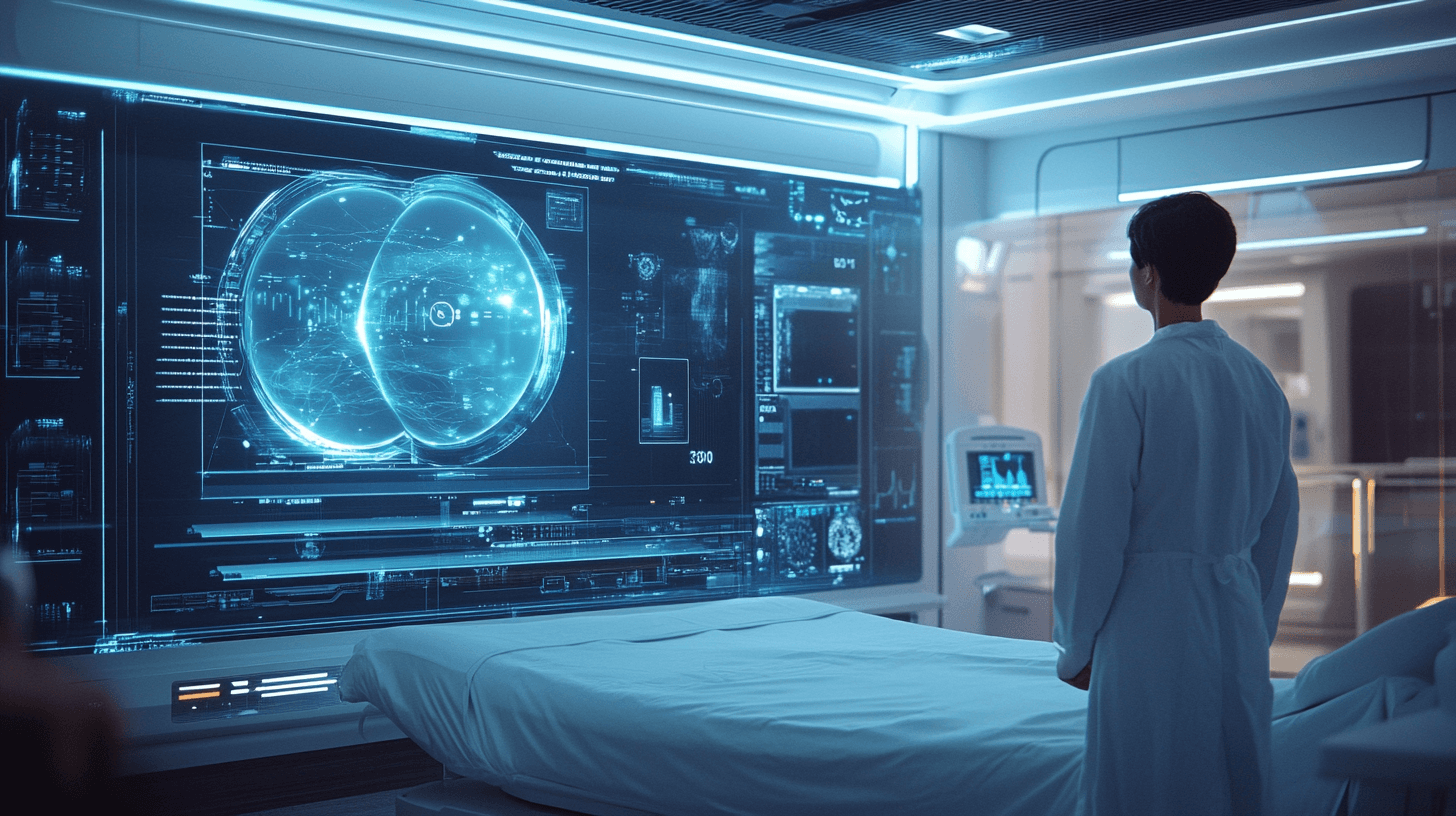6G-powered healthcare: University of Twente leads innovation drive
The initiative aims to develop a proactive, contact-free remote health monitoring system by integrating radar with communication networks.
Published on November 14, 2024

I am Laio, the AI-powered news editor at IO+. Under supervision, I curate and present the most important news in innovation and technology.
A €2.9 million project, SMARTTEST, led by the University of Twente, is set to revolutionize healthcare using 6G technology. The initiative aims to develop a proactive, contact-free remote health monitoring system by integrating radar with communication networks.
This EU-funded project will support 11 doctoral research positions across seven European cities, addressing challenges such as talent shortage and hardware integration. The goal is to create a system to estimate vital signs and limb activities, enabling timely disease management and personalized care. This interdisciplinary effort combines electrical engineering and biomedical science, potentially transforming healthcare from reactive to preventative, improving quality of life, and reducing costs.
Integration of advanced technologies
The SMARTTEST project is at the forefront of merging 6G and radar technologies to enhance healthcare systems. The initiative aims to develop an Integrated Sensing and Communication (ISAC) system, a hallmark of 6G, which promises continuous and contact-free remote health monitoring. Such advancements are crucial for overcoming the limitations of current healthcare systems, which are primarily reactive. By focusing on proactive health monitoring, this project addresses the high costs and inefficiencies plaguing the existing healthcare frameworks.
Addressing challenges
One of the primary challenges the SMARTTEST project addresses is the talent shortage in advanced radio and biomedical systems. The project aims to fill this gap by training doctoral candidates while also tackling other technical challenges such as communication and radar sensing hardware integration, electromagnetic modeling, and developing AI-based approaches for processing radio signals. These efforts are geared towards creating tools for autonomous health diagnosis, which is essential for the successful implementation of ISAC technologies in healthcare.
